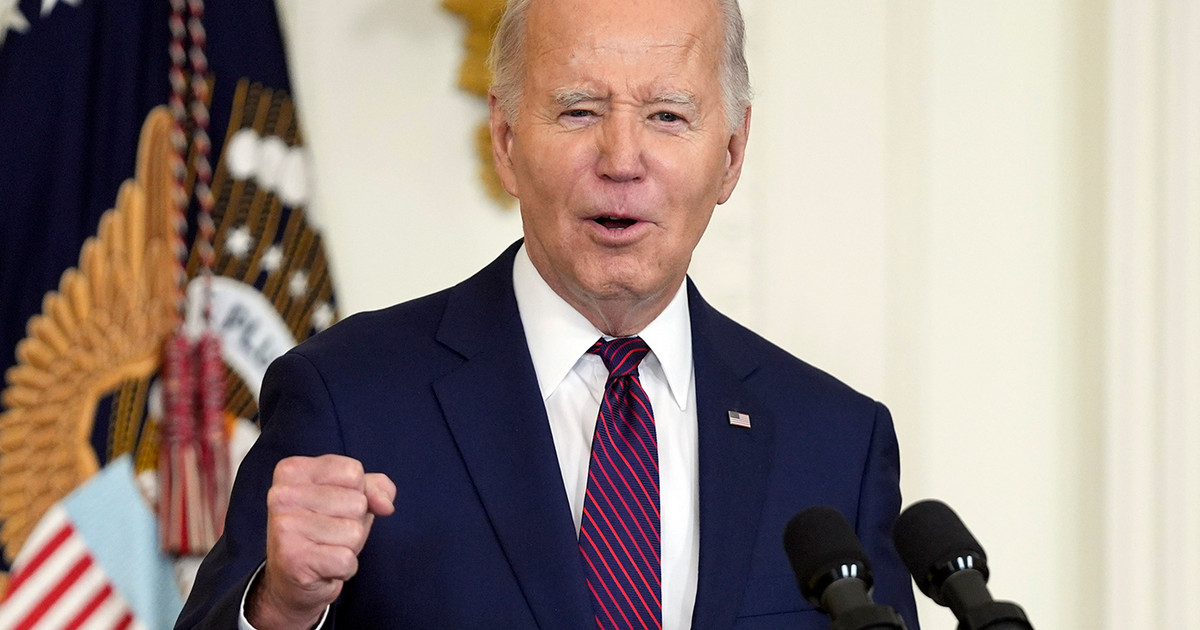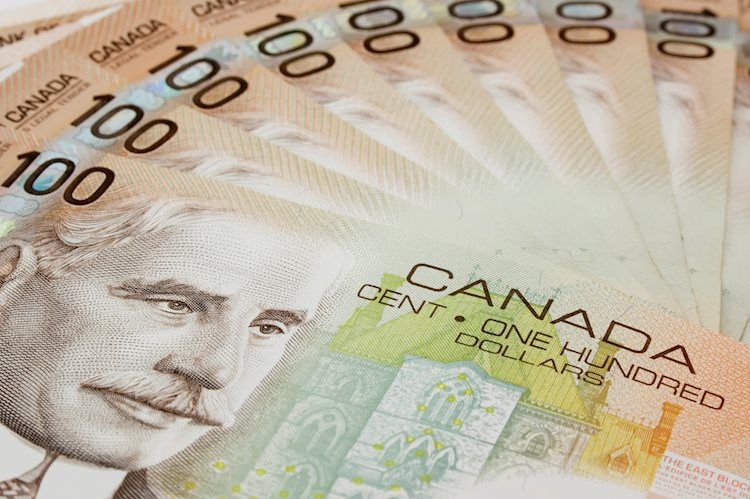Europe’s biggest economy is now officially short of natural gas and is scaling a crisis plan to preserve supplies before winter, while Russia turns off the taps.
Germany on Thursday activated the second phase of its three-stage gas emergency program and is now one step closer to starting rationing supplies to the industry – a move that would be a huge blow to the heart. manufacturer of the German economy.
“As of now, gas is in short supply in Germany,” Economy Minister Robert Habeck told reporters at a press conference in Berlin.
“Even if you don’t feel it yet: we’re in a gas crisis.”
Europe’s energy crisis has worsened this month, with Russia further reducing supplies to Germany, Italy and other EU members.
Russian state-owned gas company Gazprom reduced flows through the Nord Stream 1 pipeline to Germany by 60% last week, blaming the West’s decision to withhold vital turbines due to sanctions.
Italian energy giant ENI said Gazprom was cutting its supply by 15%.
Twelve EU countries have so far been affected by cuts in Russian gas supplies, the bloc’s climate policy chief Frans Timmermans said on Thursday.
“Russia has turned energy into weapons, and we have seen more gas supply disruptions announced in recent days. This is all part of Russia’s strategy to undermine our unity,” Timmermans told EU lawmakers.
“So the risk of total gas outage is now more real than ever,” he emphasized.
“Economic clash”
Habeck urged Germans to reduce their consumption as part of a national effort to prepare for “the coming winter months”.
The German government’s decision to raise the level to “alarm” follows cuts in Russian deliveries since June 14 and the continued rise in prices in the gas market, he added.
European natural gas futures prices are up about 60% since the middle of this month, trading around €133 ($140) per megawatt-hour (MWh), levels last seen in March, according to data from the Intercontinental Exchange. .
Habeck said that while German gas storage facilities are 58% full — more than last year — the target of reaching 90% by December will not be achievable without further measures.
“We are in an economic confrontation with Russia,” Habeck said.
The recent bottleneck of Gazprom’s gas flows comes after it has already cut supplies to Poland, Bulgaria and Finland, and to energy companies in Denmark, Germany and the Netherlands, over its refusal to comply with the Kremlin’s demand to be paid in rubles.
Germany, Austria and other EU countries are now turning to coal and oil-fired power plants so more gas can be diverted into storage to heat homes during the winter.
Europe has tried to reduce its dependence on Russian natural gas since the invasion of Ukraine in late February.
Germany managed to reduce Moscow’s share of its imports from 55% to 35% before the start of the war.
But its options for finding alternative supplies dropped last week when a major US producer of liquefied natural gas said its Texas facility would be closed completely for 90 days after a fire.
Freeport LNG has produced about a fifth of US LNG exports so far this year, according to analytics firm Vortexa.
Germany activated the first phase, called “early warning”, of its emergency energy program in March. The “alarm” phase declared on Thursday will be followed by an “emergency” if the situation deteriorates further.
In this heightened state of alert, regulators can ration gas to maintain supplies to “protected customers” such as homes and hospitals.
Industrial users would be the first to face cuts.
— Anna Cooban, Sharon Braithwaite and James Frater contributed to this story;
Source: CNN Brasil
I am Sophia william, author of World Stock Market. I have a degree in journalism from the University of Missouri and I have worked as a reporter for several news websites. I have a passion for writing and informing people about the latest news and events happening in the world. I strive to be accurate and unbiased in my reporting, and I hope to provide readers with valuable information that they can use to make informed decisions.






